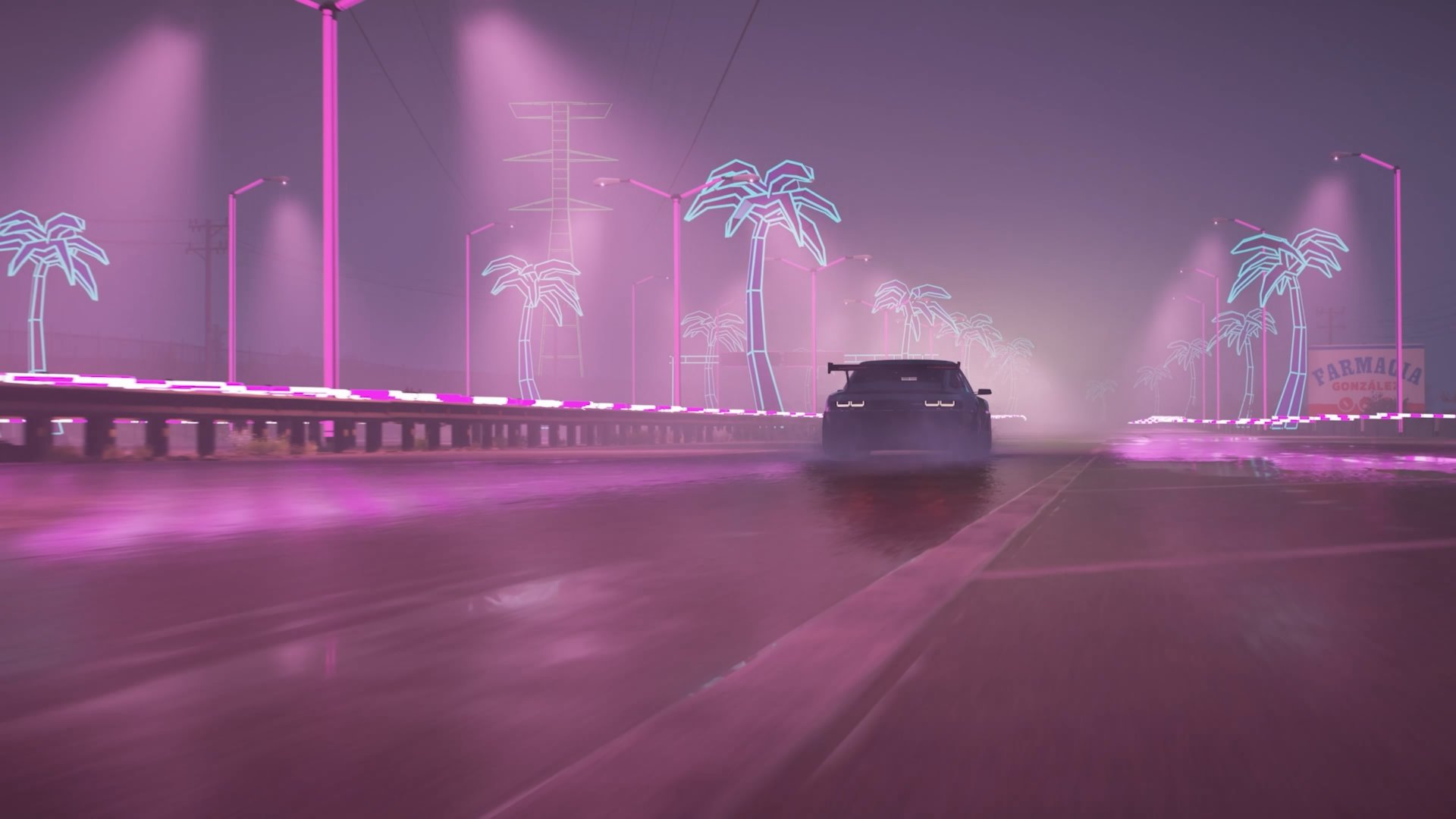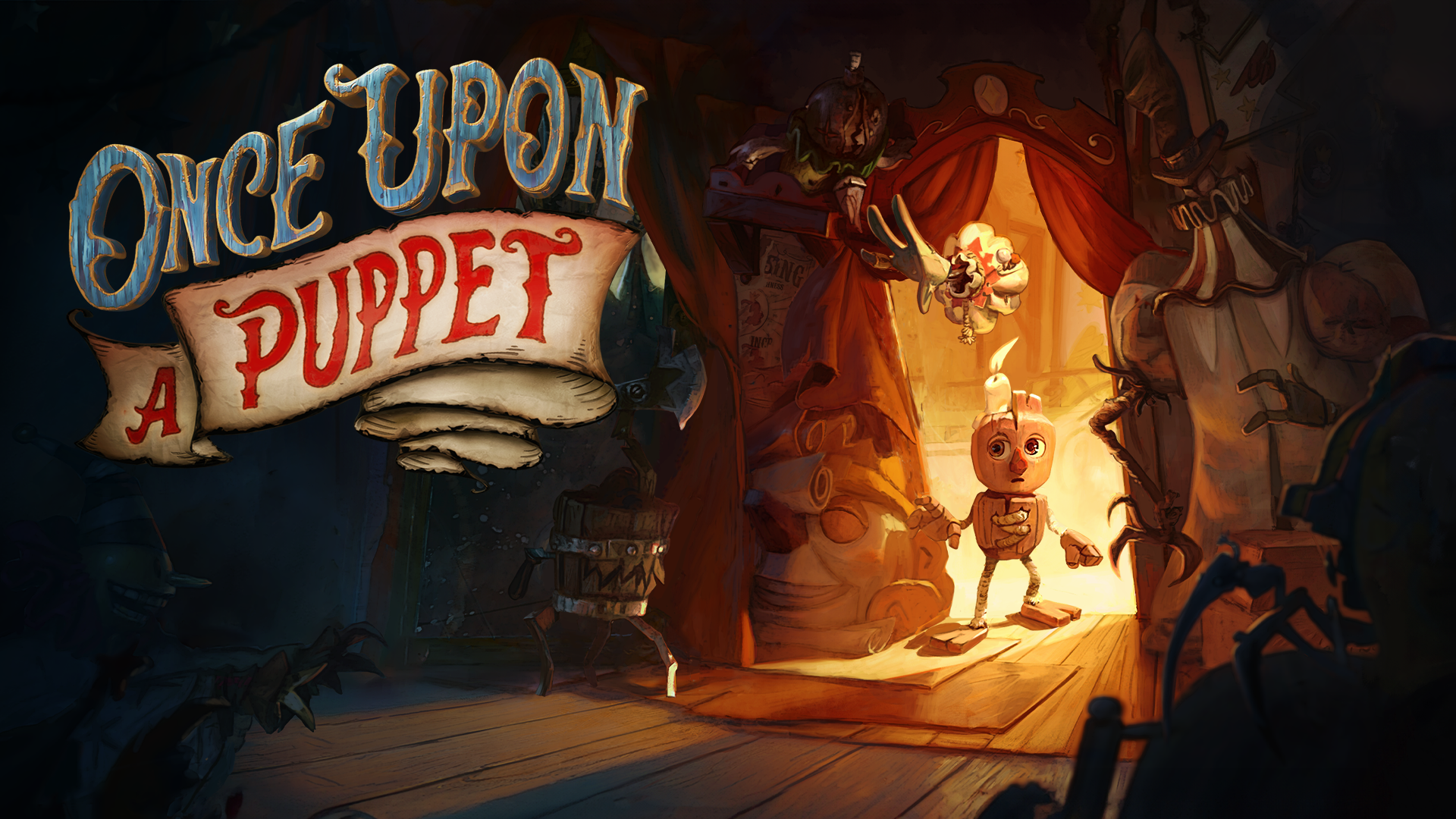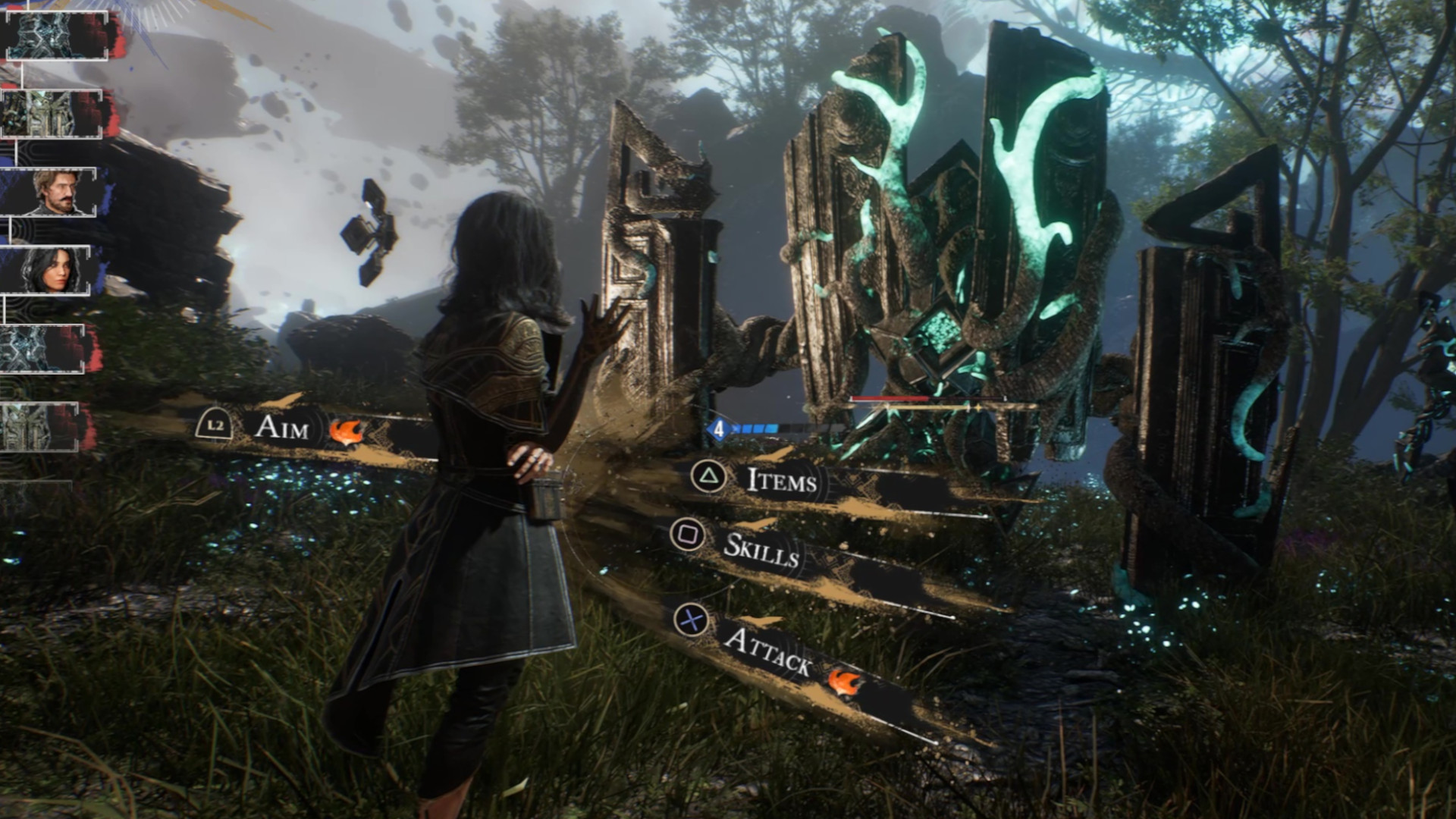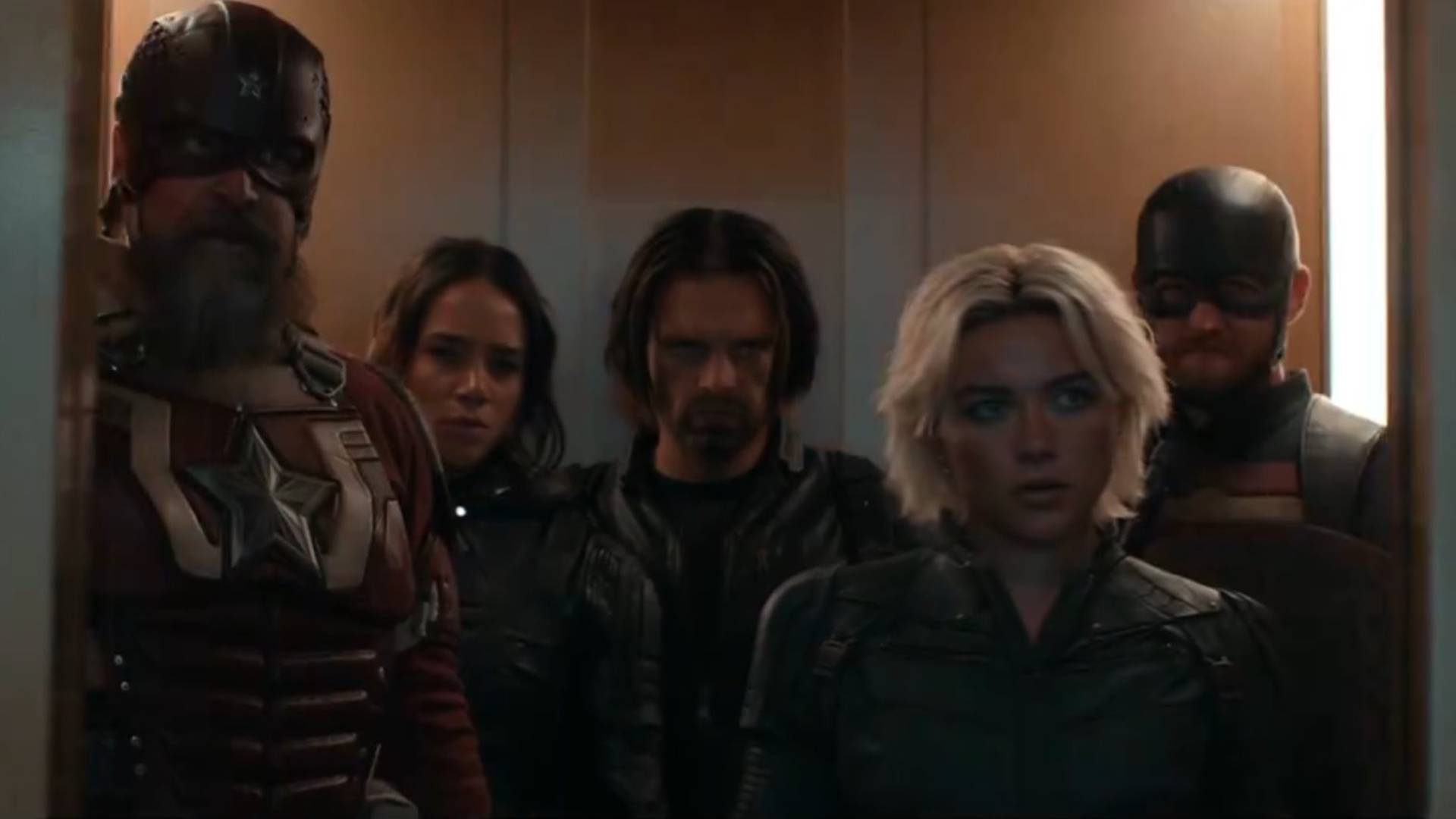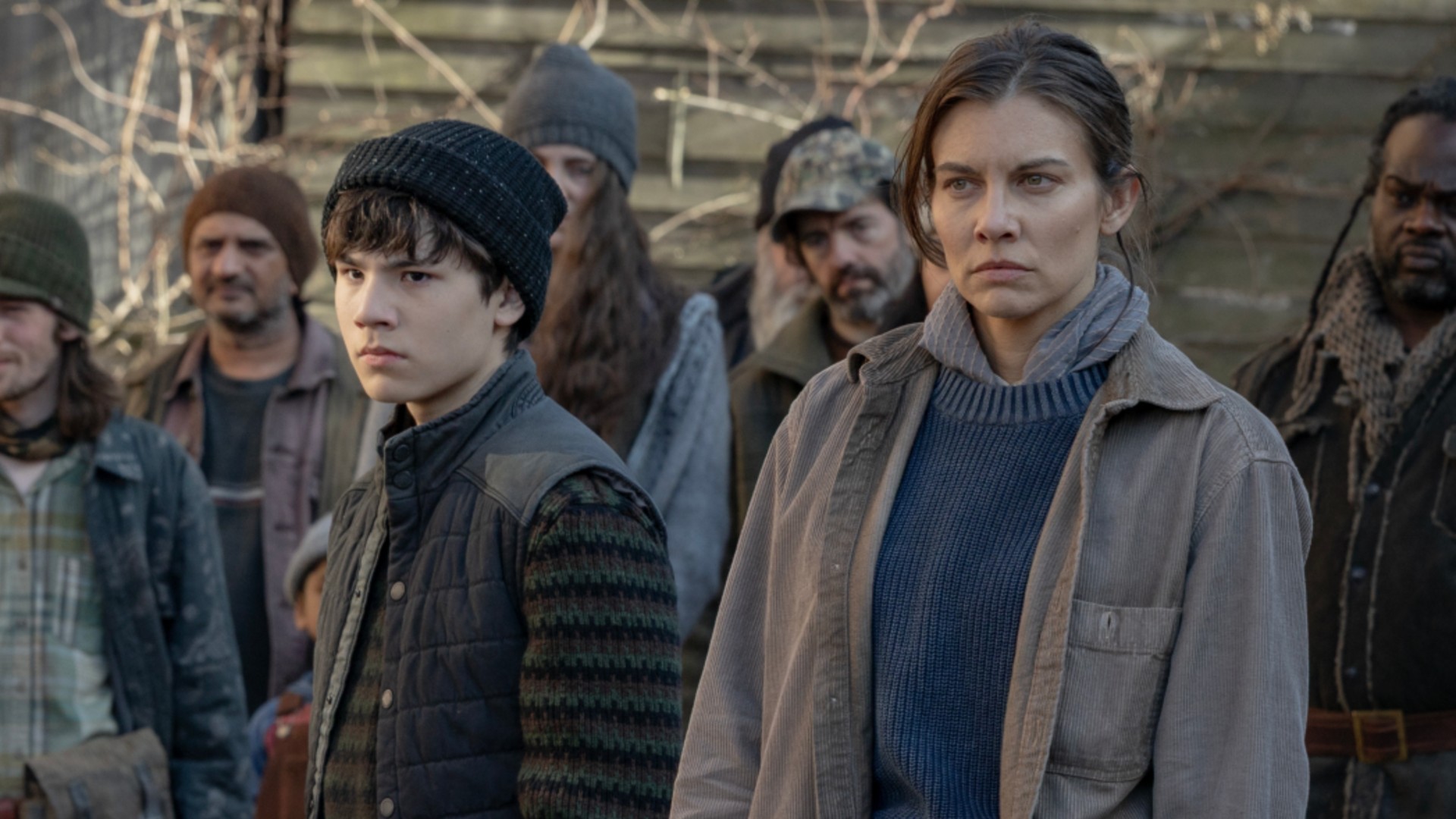When you purchase through links on our site, we may earn an affiliate commission.Heres how it works.
Back in spring 2003,Doctor Who, as TV drama, was dead as a dodo.
Fans had lost hope.
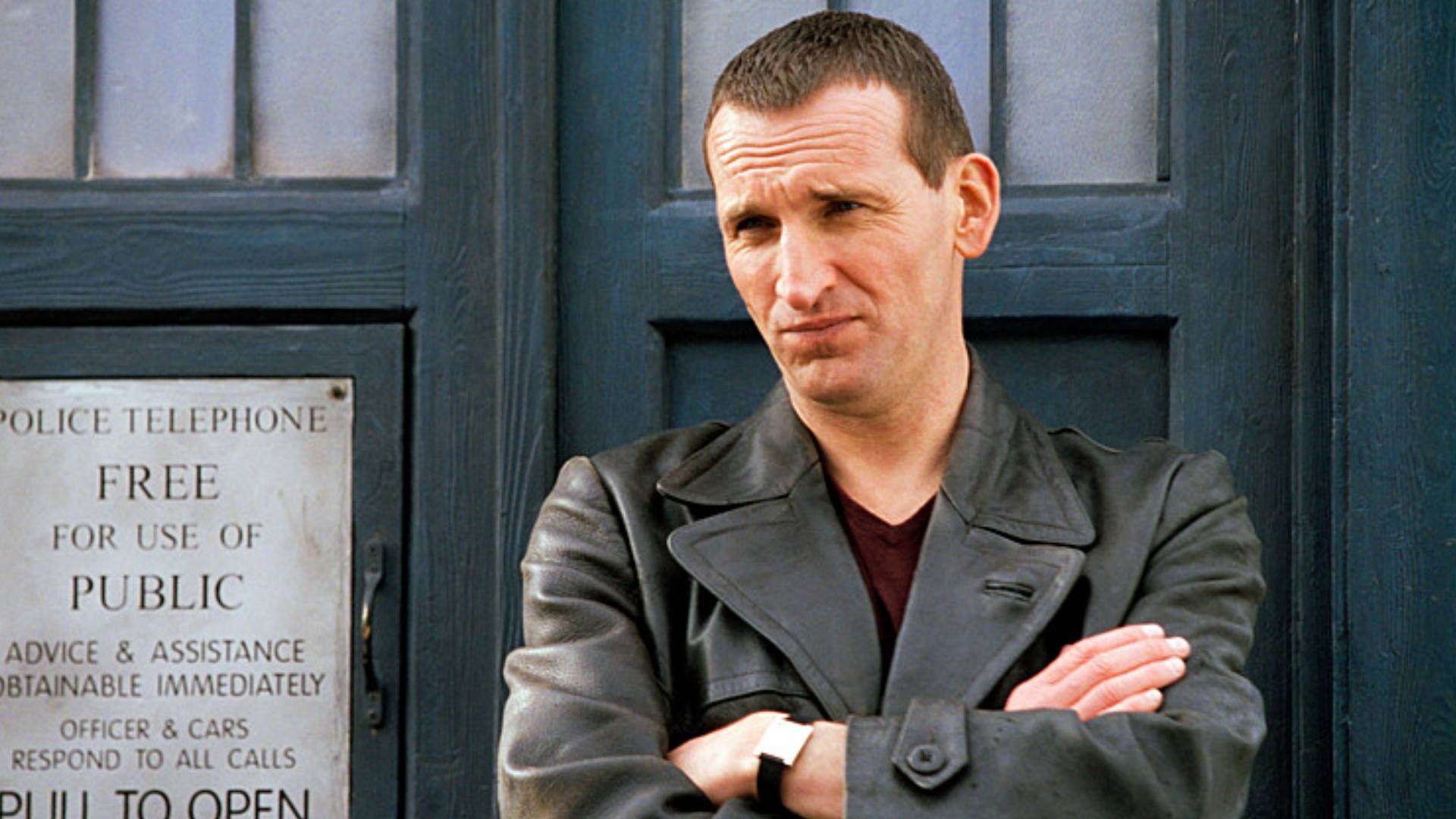
Then the miraculous happened…
Despite being a lifelong fan, Russell T Davies was tentative about taking on the commission.
“I tend to give interviews saying, ‘I leapt at the opportunity!
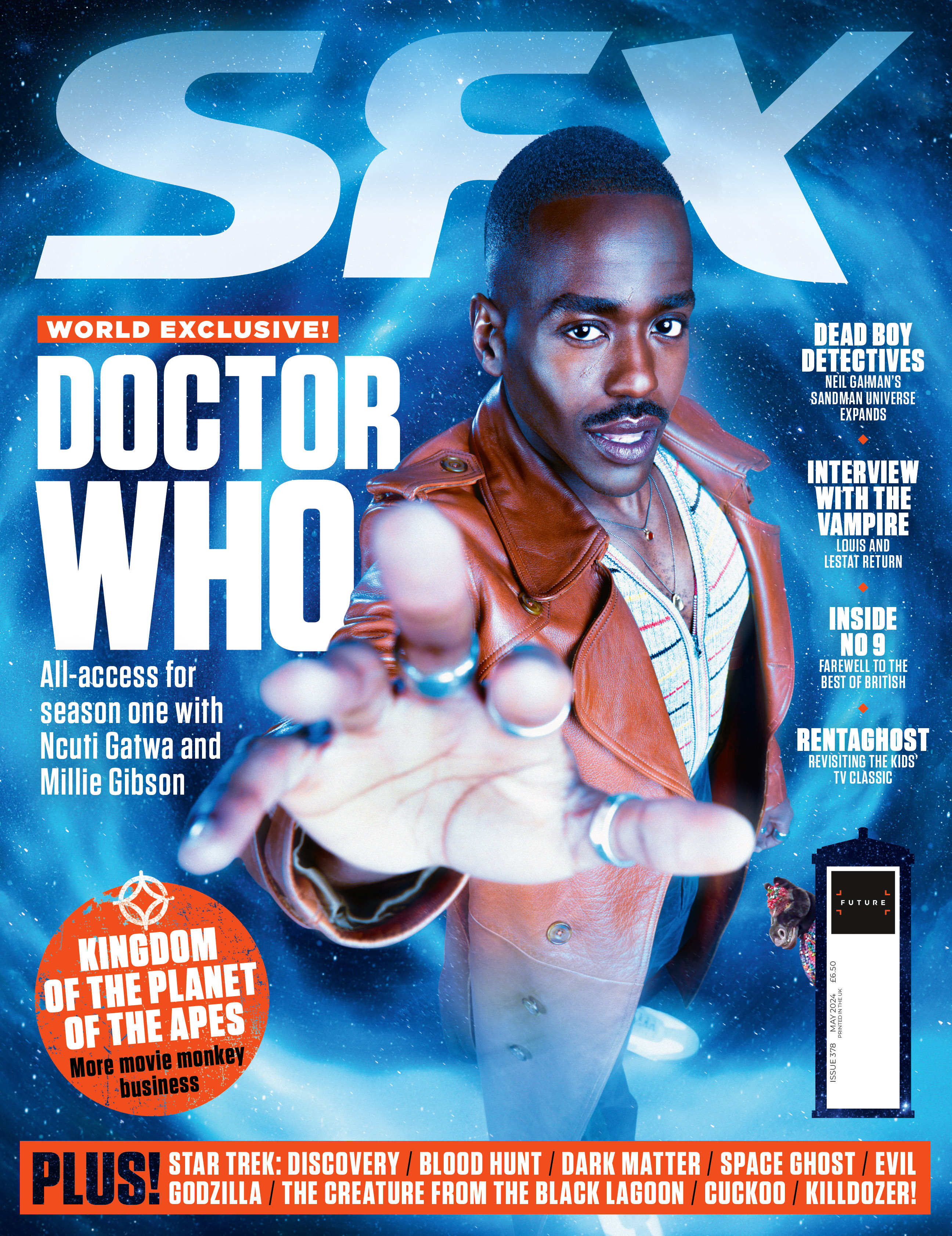
“I spent those months worrying, thinking, ‘This is never going to work!'”
She just said, ‘What do you want to do?'”
He was given almost complete carte blanche.
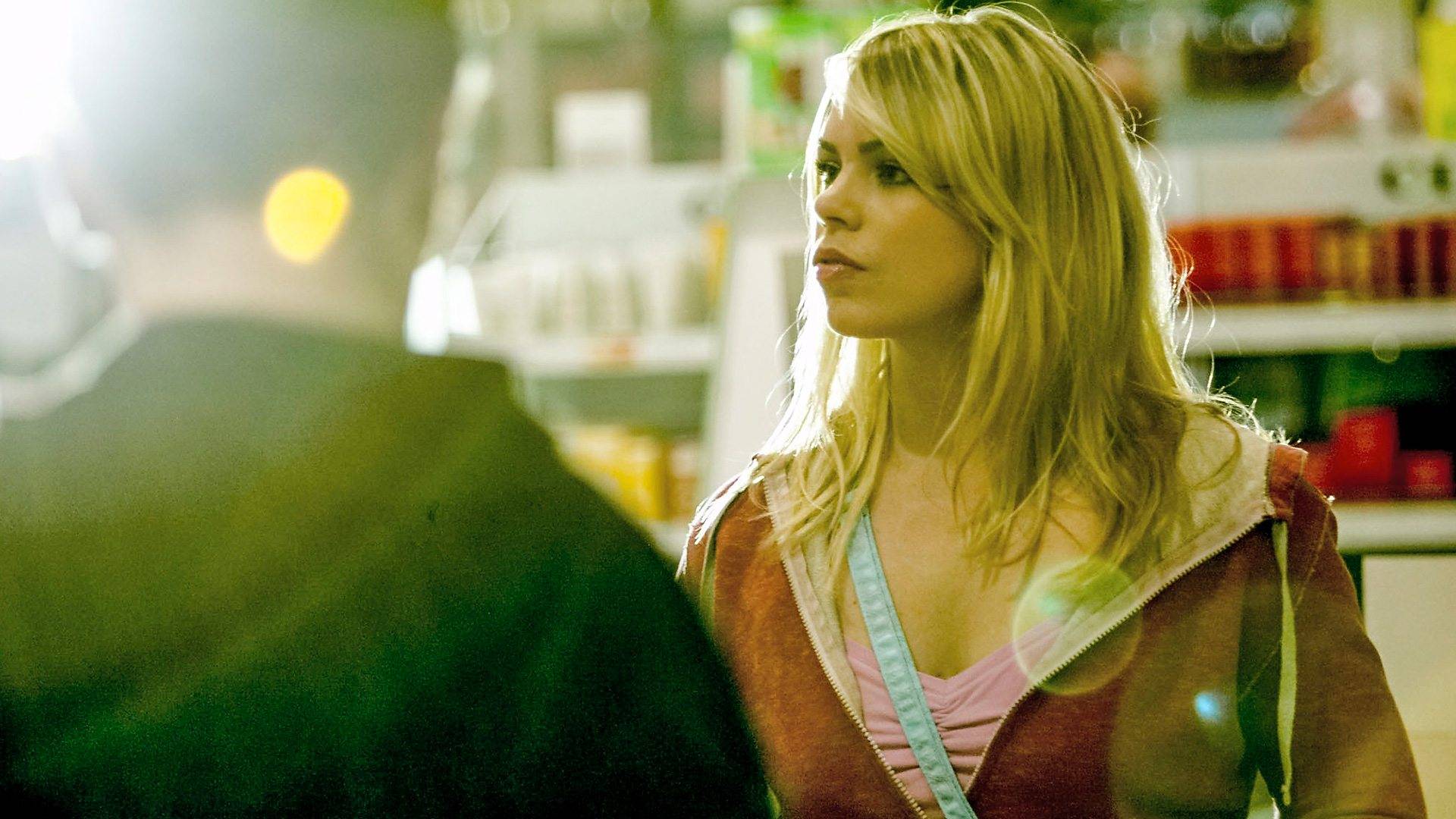
Lois & Clark is the thing they talked about most.
They had strong memories of how colourful, sexy and funny that was.
Which I loved, because Id watched that, and completely agreed."
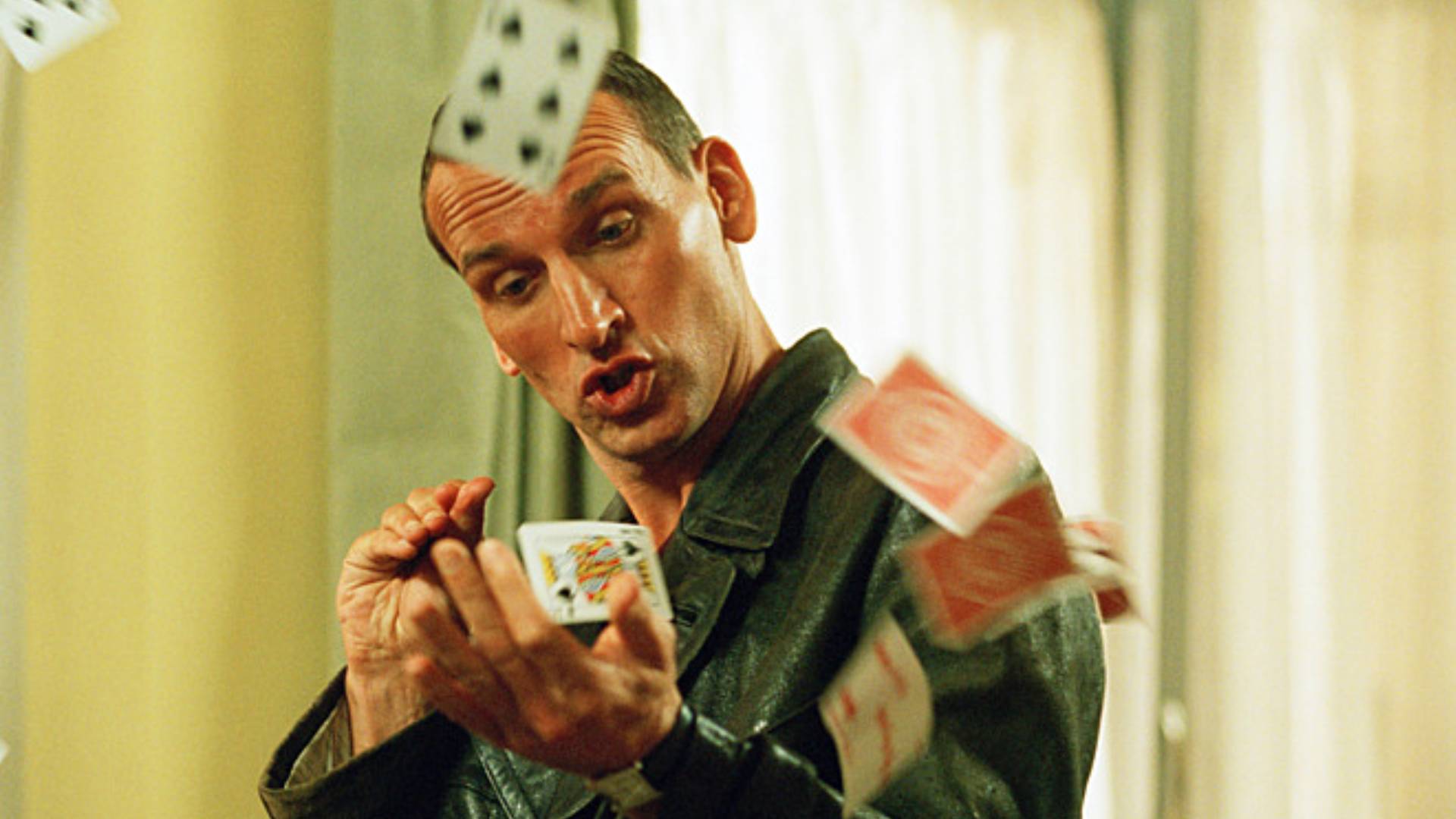
“Its a funny title, isnt it?”
“Youd think itd be called Rise Of The Autons or something.
I look back and think, Thats a bit of a dull title, actually!
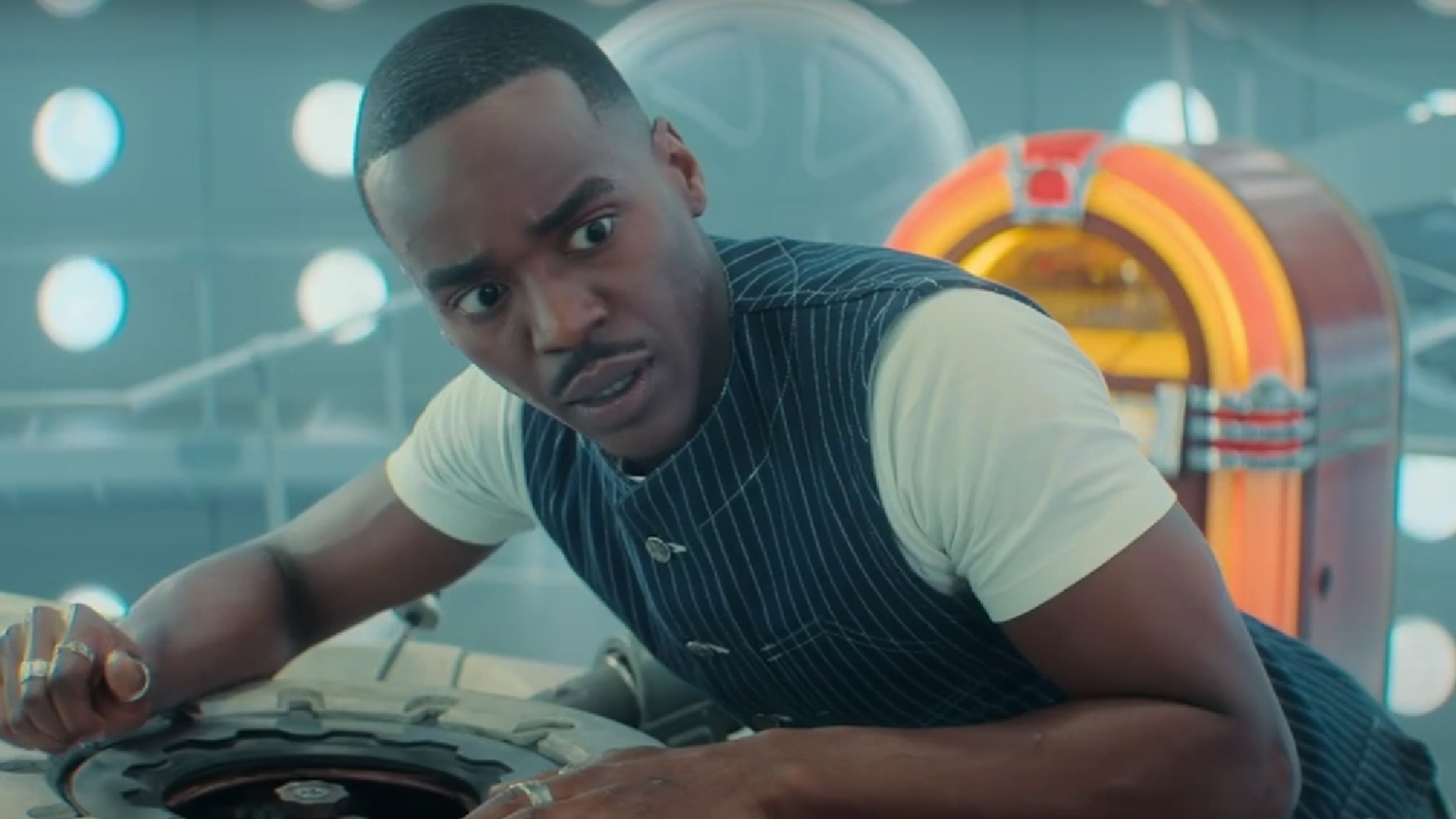
You couldnt write a woman who was just a support anymore.
Embedded in a council estate milieu, ‘Rose’ also made previous Who look very middle-class.
Thats a 2005 thing.
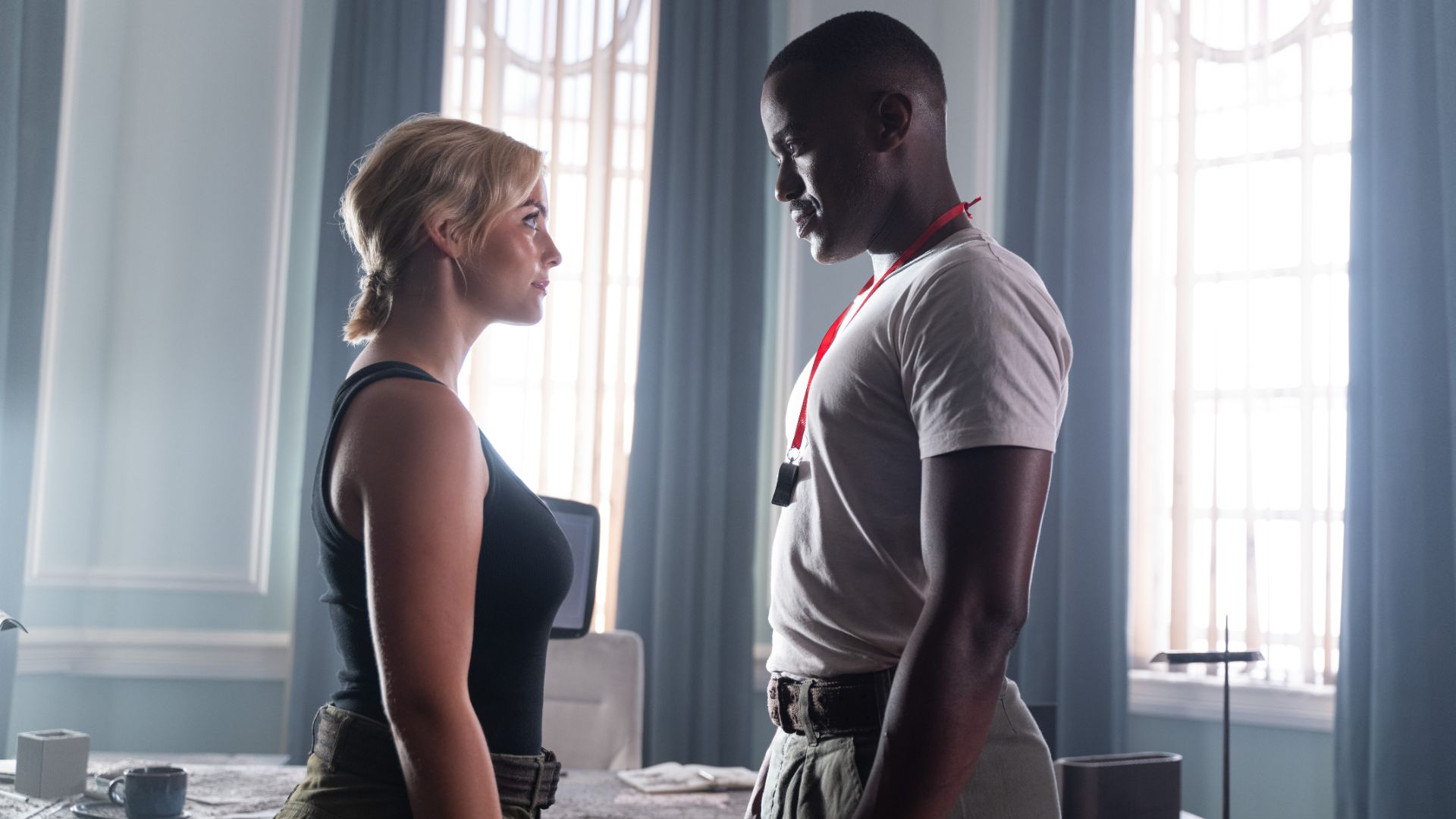
I think televisions a bit posher now.
Itd be interesting whether youd need to do that now.”
Davies reckons the biggest shift was a much greater degree of emotional insight into the Doctor and his companion.

“I know that sounds odd, but that wasnt necessarily the case before!
In the old days theyd be functions of the plot, and give away very little about themselves.
That wasnt a mistake thats how television was written then.
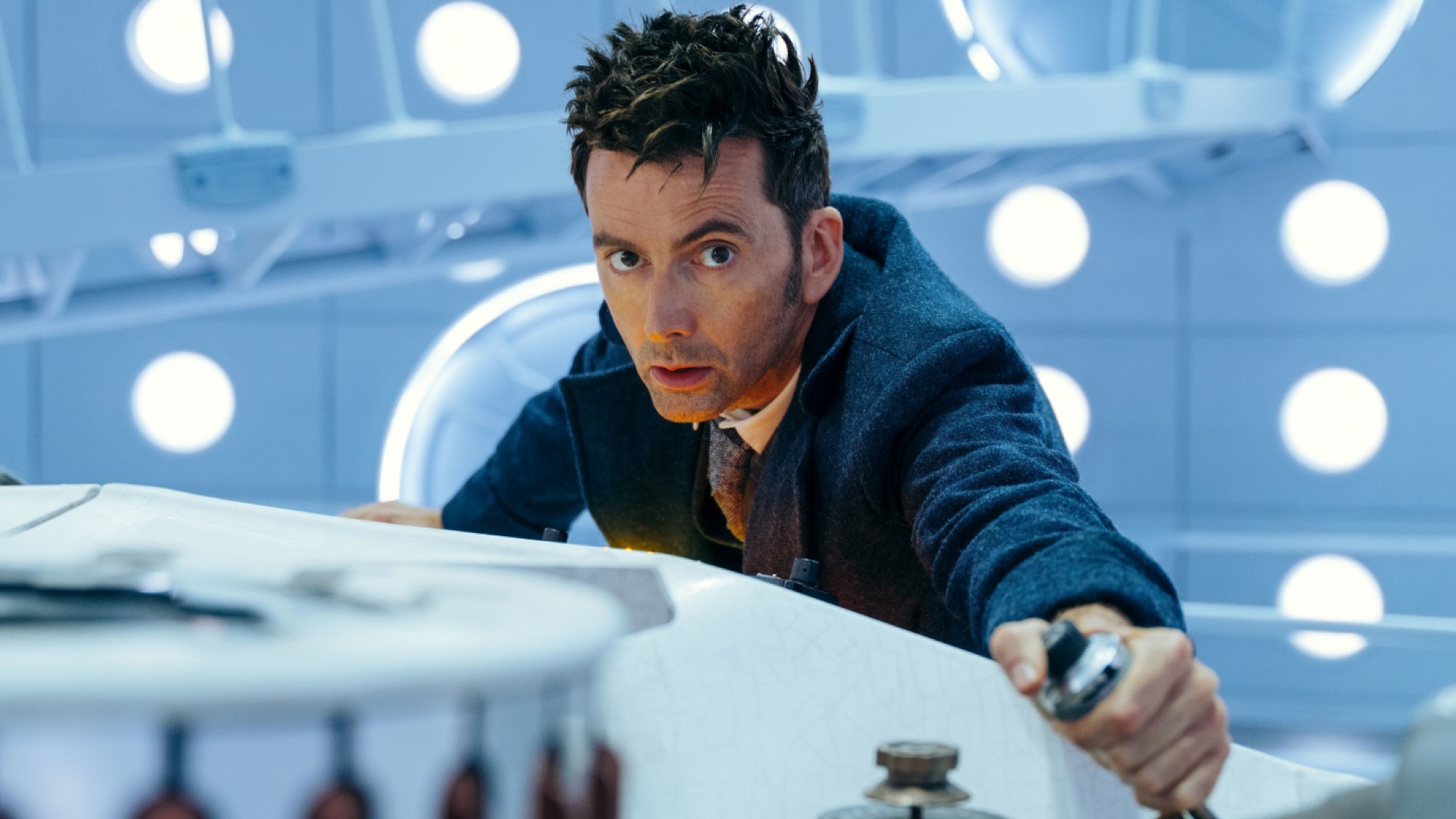
But thats not how television was written in 2005.
So you have to correspond with the time, and not be stuck in aspic.”
Davies explains this was an inevitable consequence of the evolving mechanics of television production.
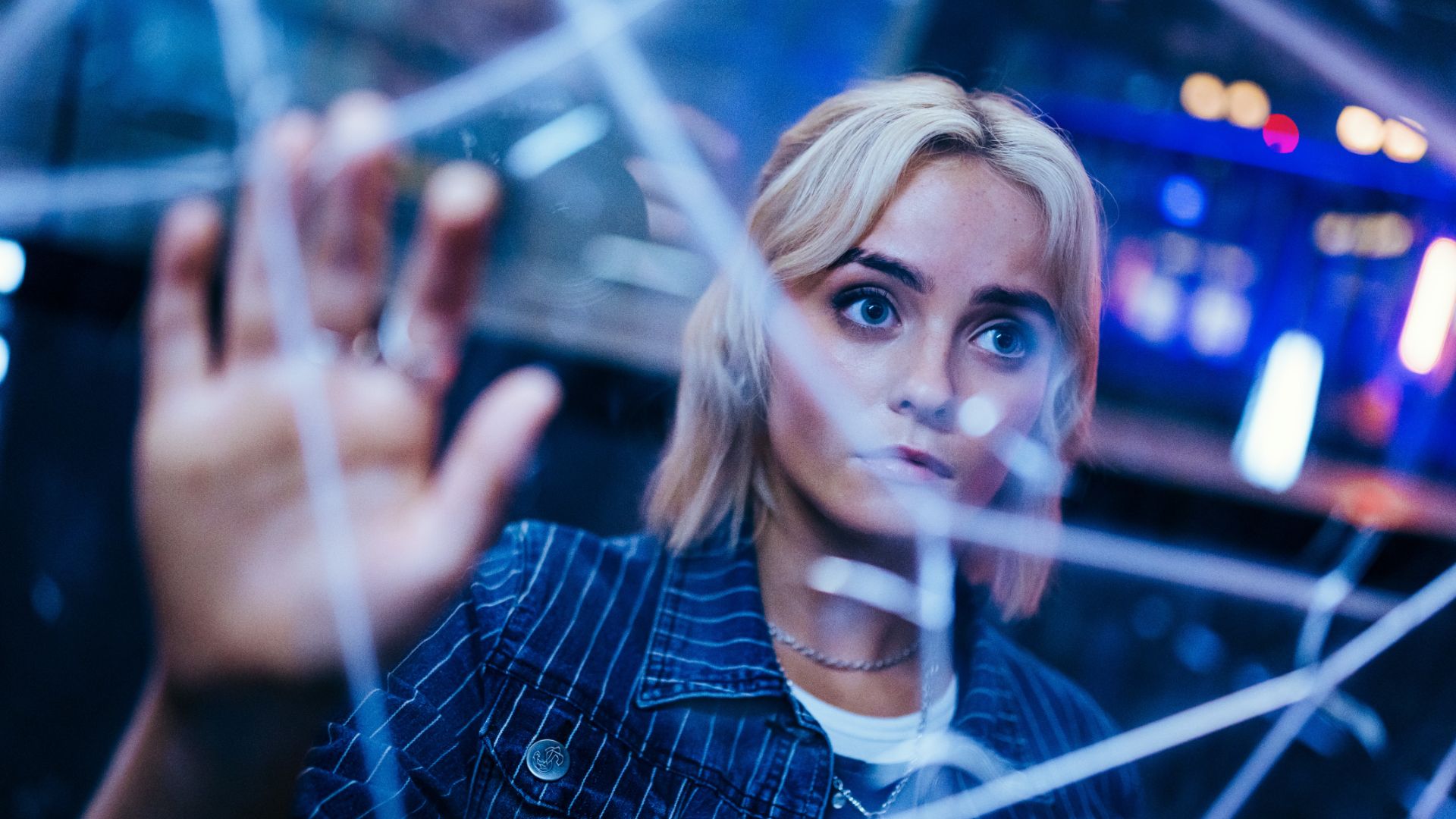
“What changed it is the camera,” he says.
“It used to be a four-camera show.
Thats like a proscenium arch on television.
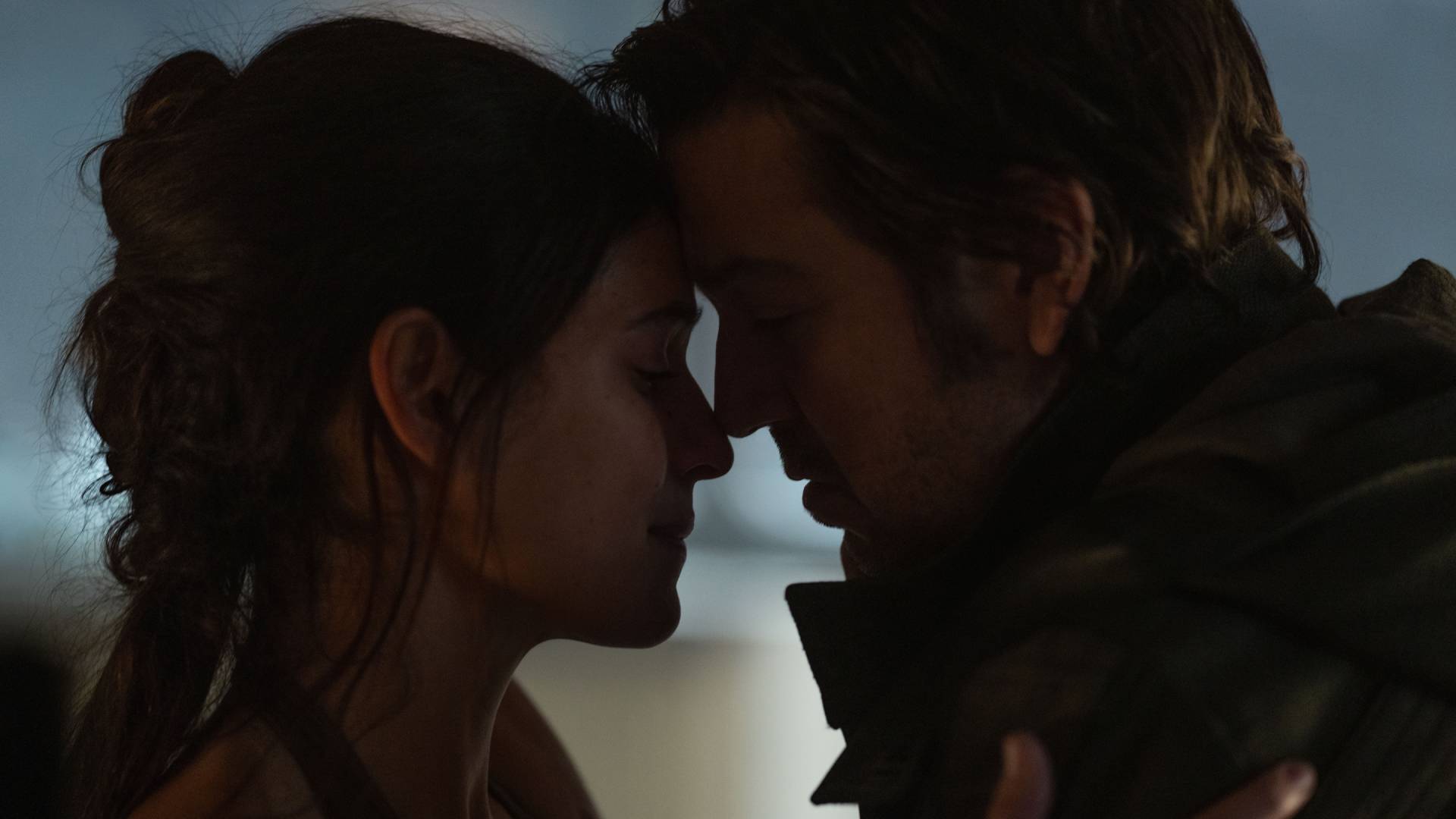
With a single camera shoot, youre with the characters in a deeply personal sense.
Youre on their eyeline, in their emotional world.
Youre talking a different emotional language.”
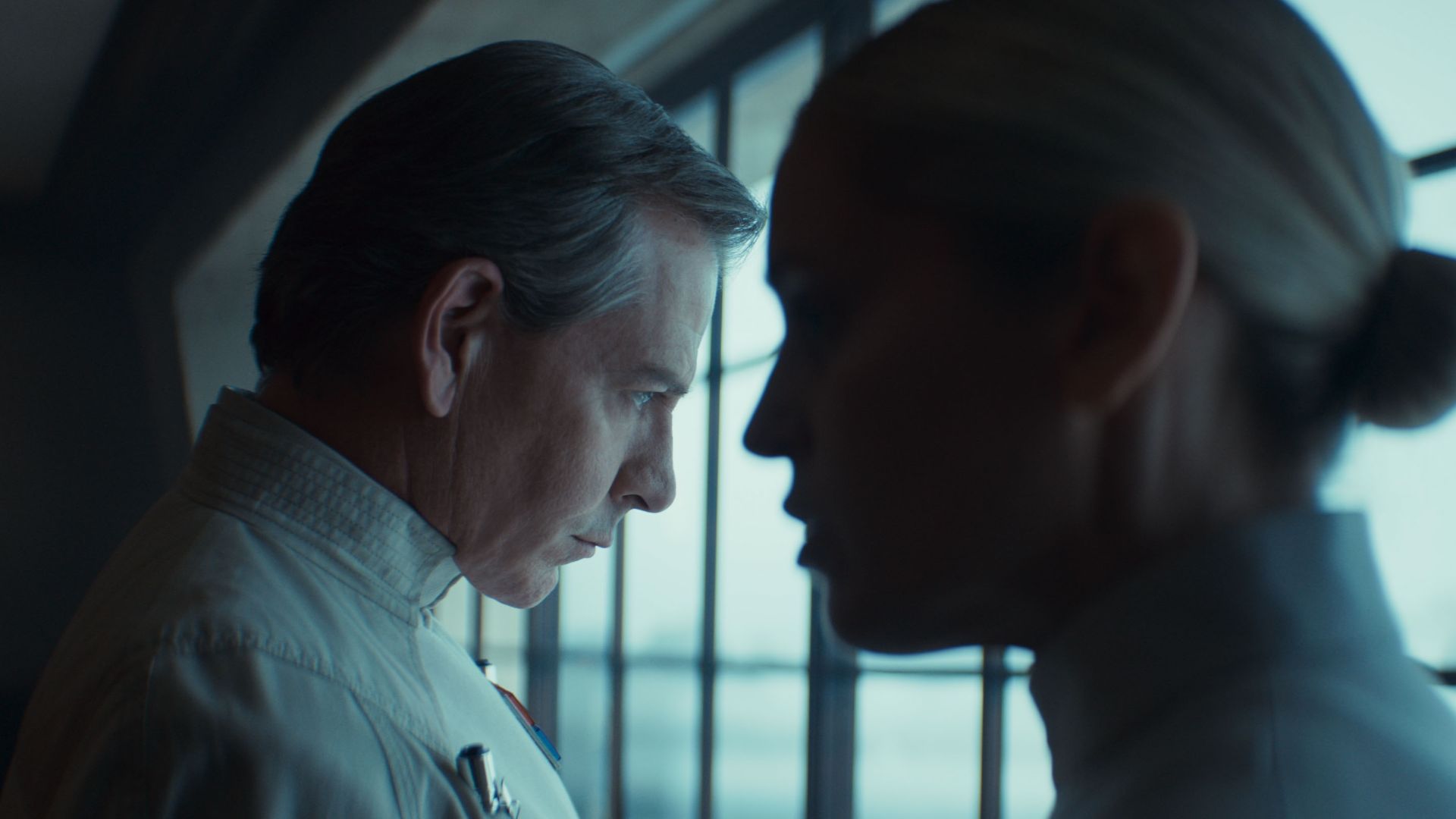
The programme was literally talking a different language, too.
Its hard to imagine previous Doctors calling humanity “you lot”, or mentioning chips!
Im finding it very difficult to write, because hes just in the moment, isnt he?
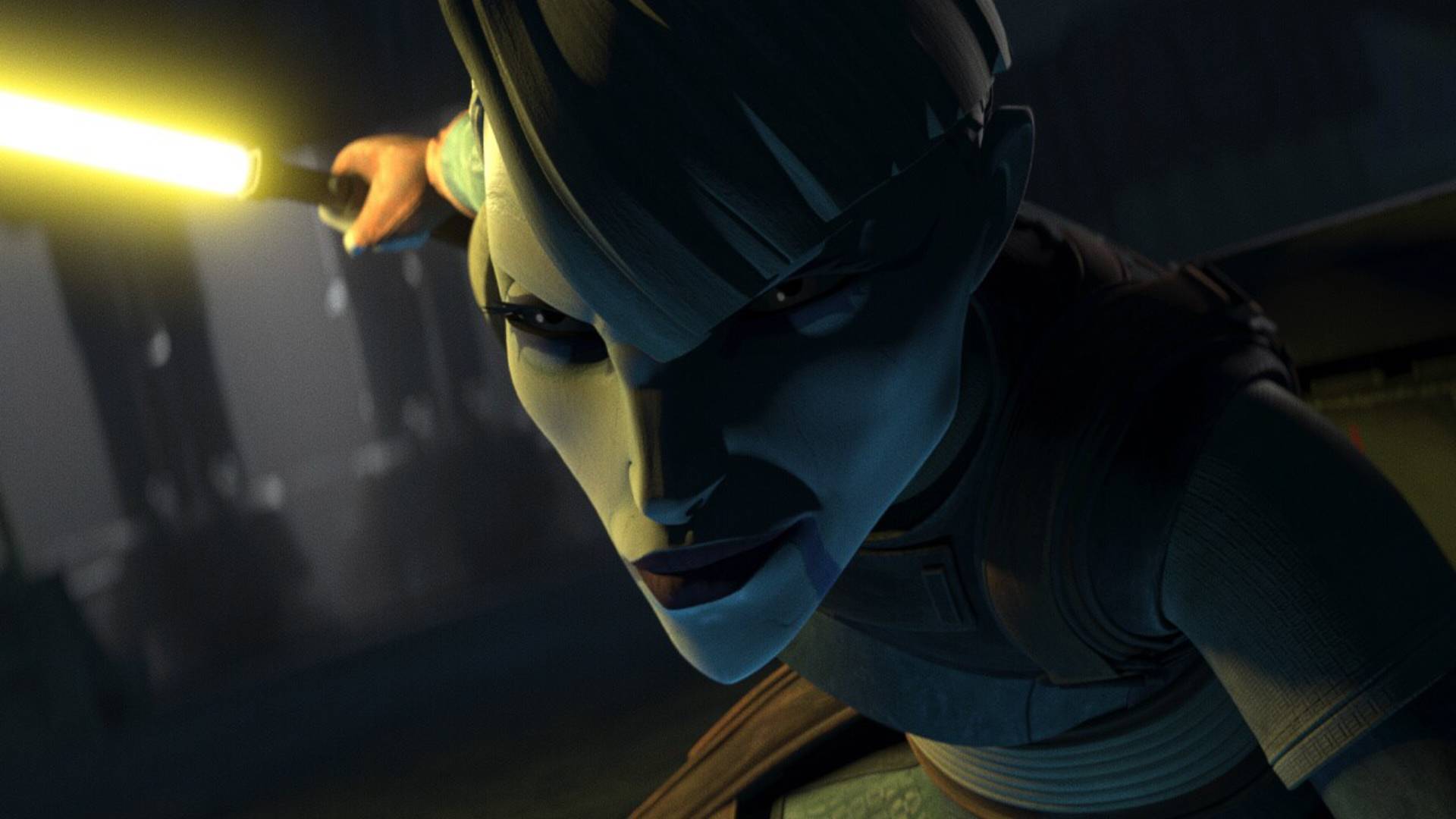
“Thats true,” Davies says.
“Im fascinated to hear that I texted that way back then.
And thats the Doctor: hes always on the front foot, always reacting.”
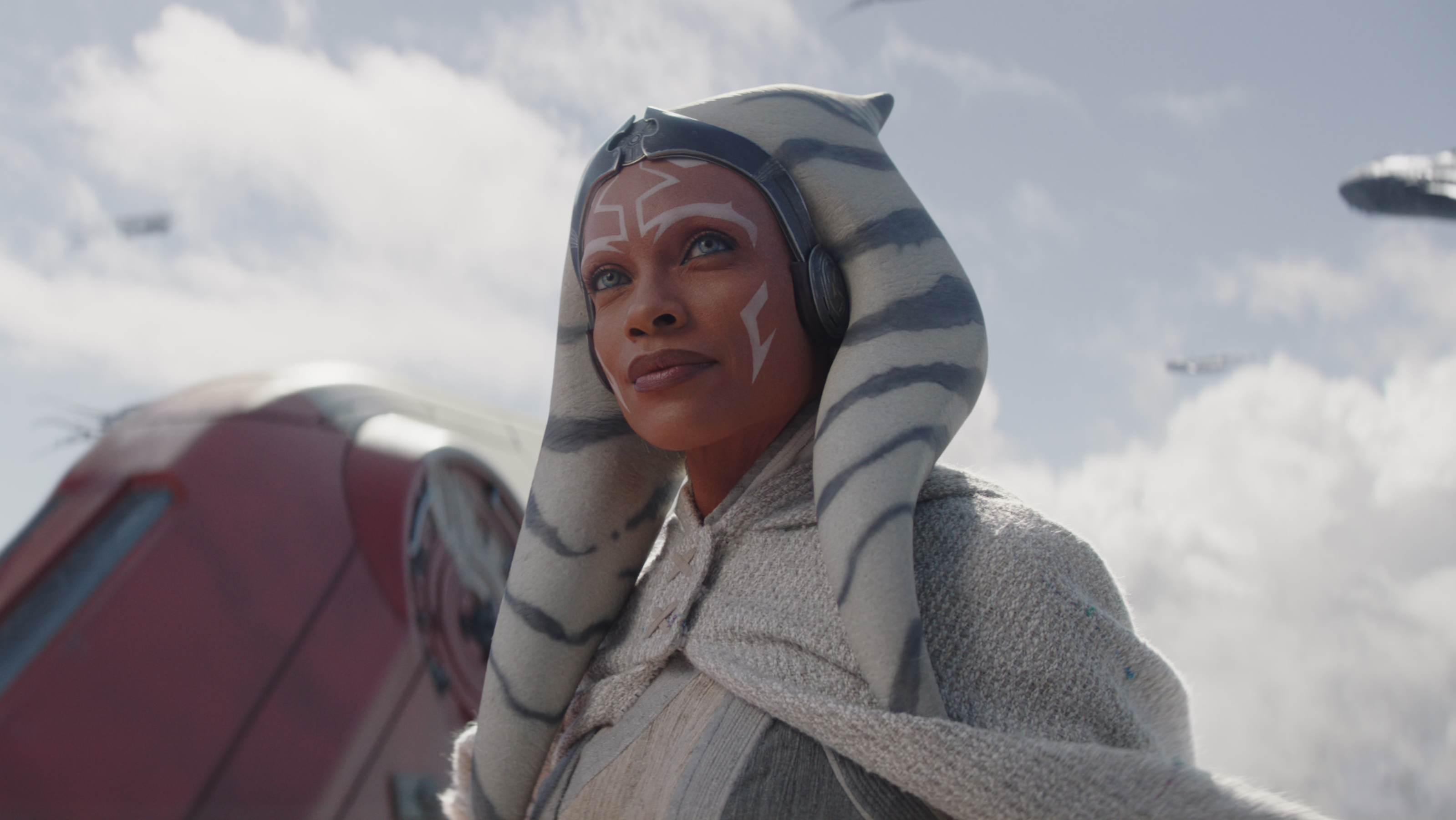
Davies points out that being “in the moment” is also his general style.
“I write stuff thats full of energy, and its writing in the present tense.
I can hear the chairs, with their suspended back support and nice arms!”
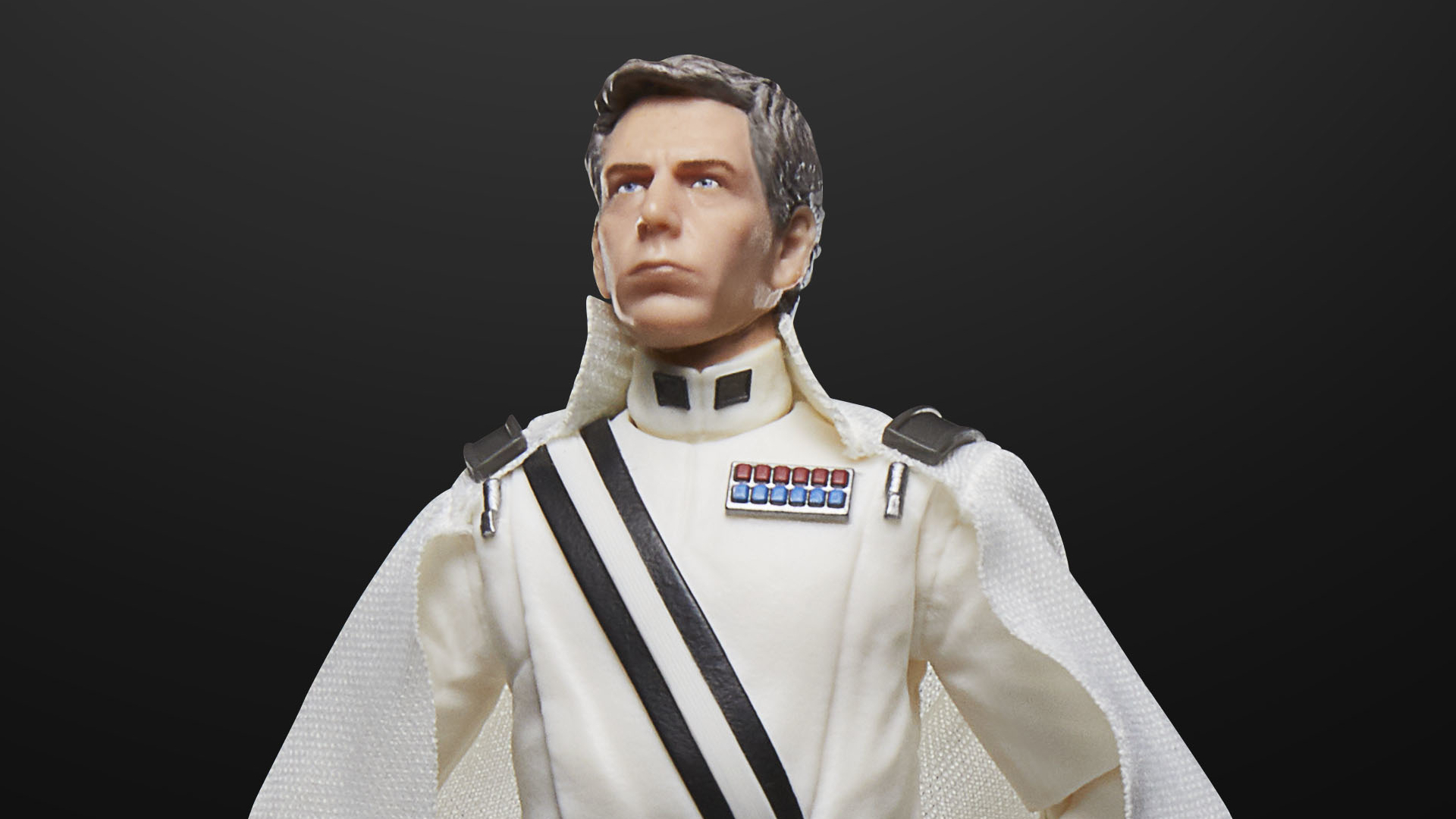
And thats very true when your lead characters the Doctor.
I think theres one moment where David Tennant sits down.
The Doctor never takes it easy.
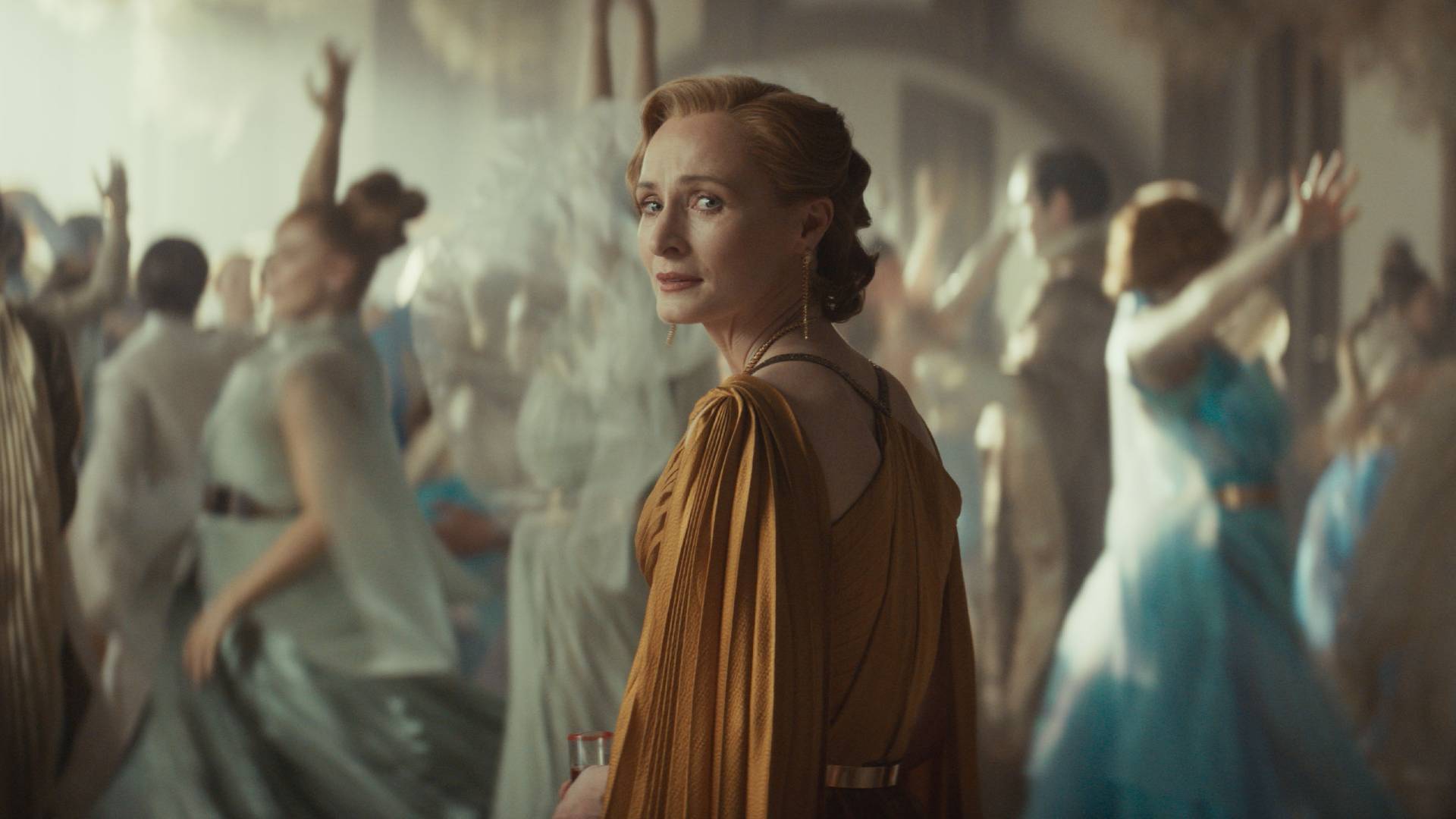
Its extraordinary to write!"
Discussion of Ecclestons performance leads us to a sensitive subject.
Davies makes it clear hes not looking to “have his say” in reply.
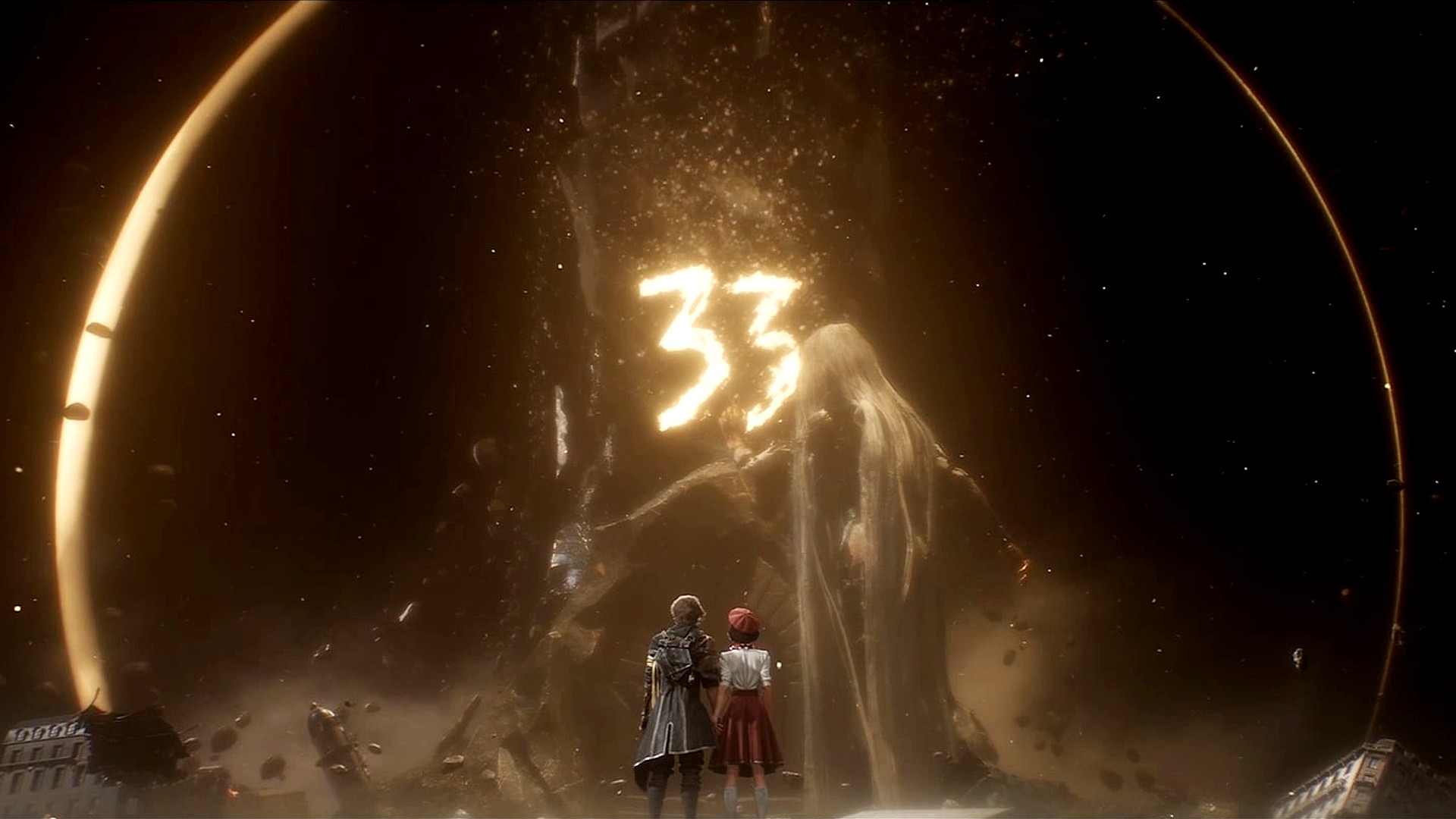
Hes free to say and explore whatever he wants thats fine.
This duty of care involves respecting him and listening to him at all times.
And that duty of care towards him will extend for the rest of our lives.
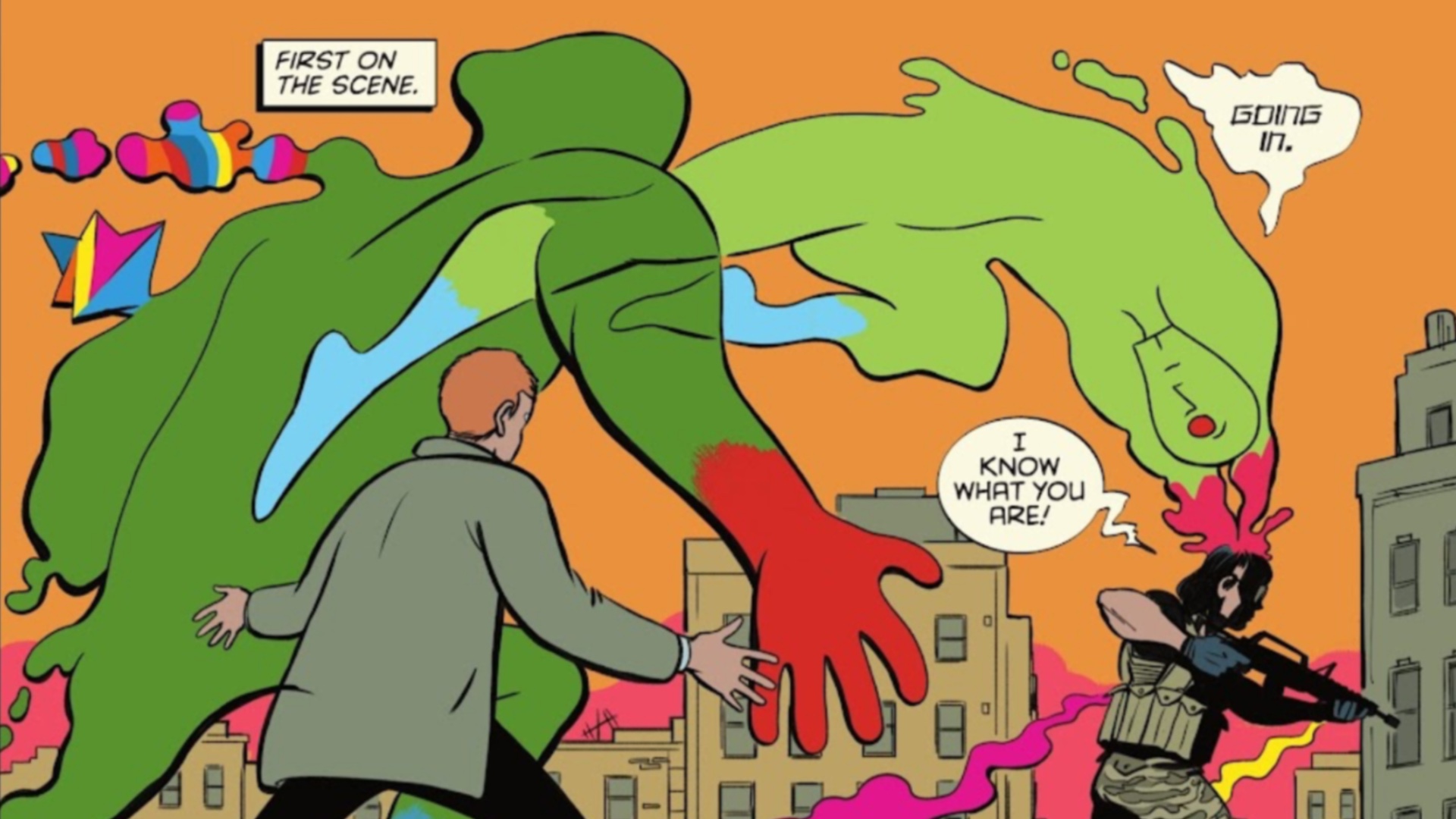
He will always be my Doctor, and I will always be his producer."
It was a huge leap for Chris to make, and I love what he did.
I think his comedy is funny he plays it brilliantly.
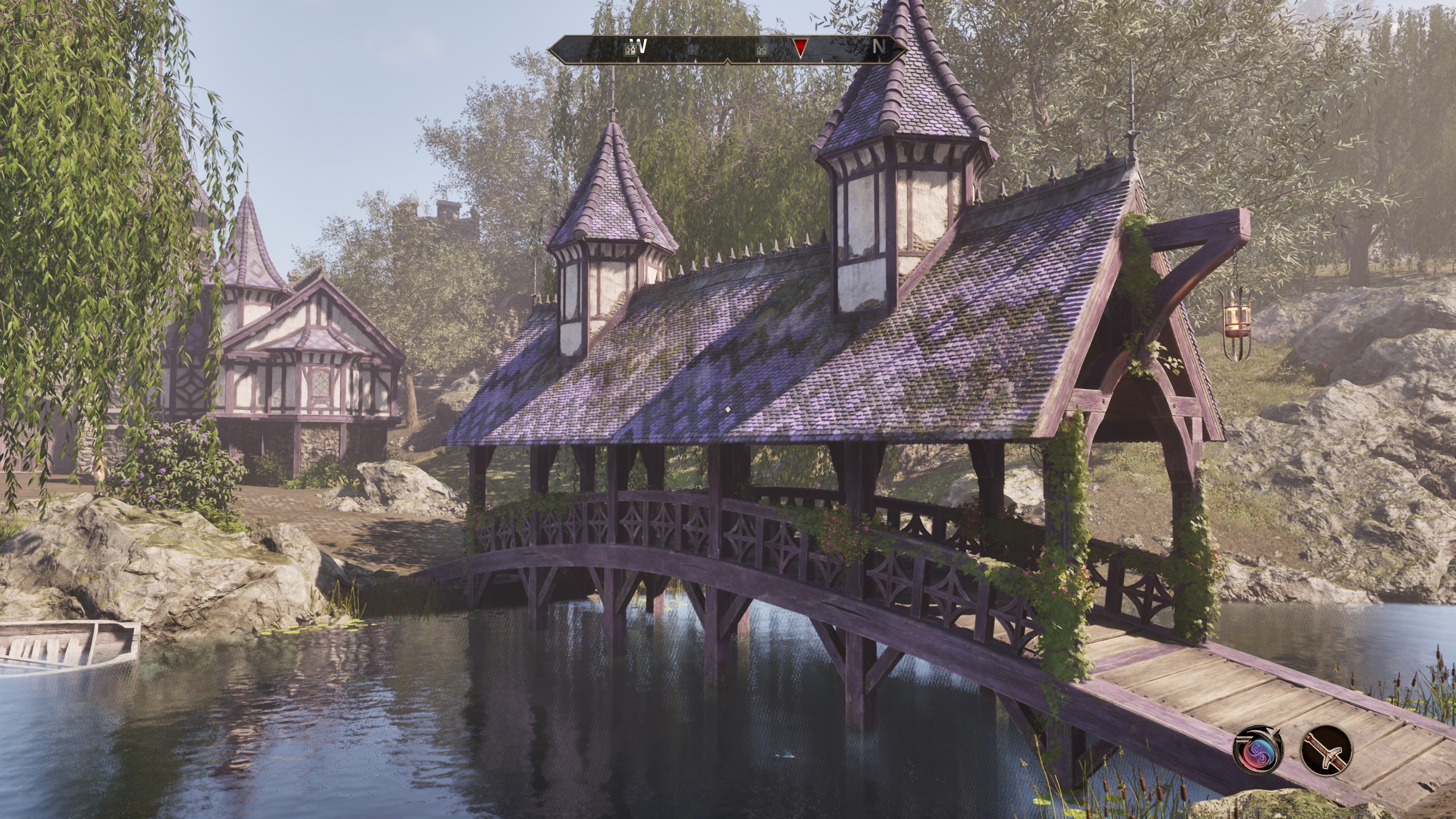
I think the darkness is off the scale with him when the Doctors angry, its spectacular.
